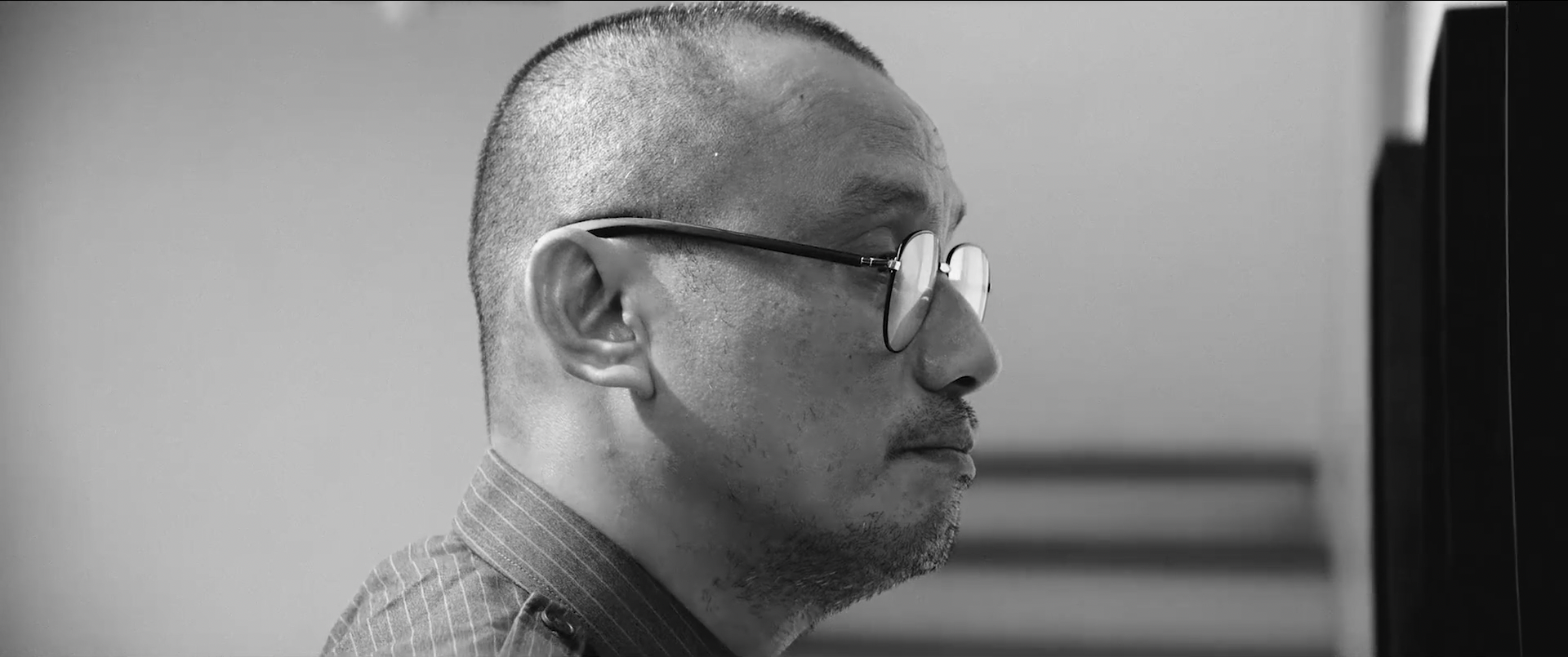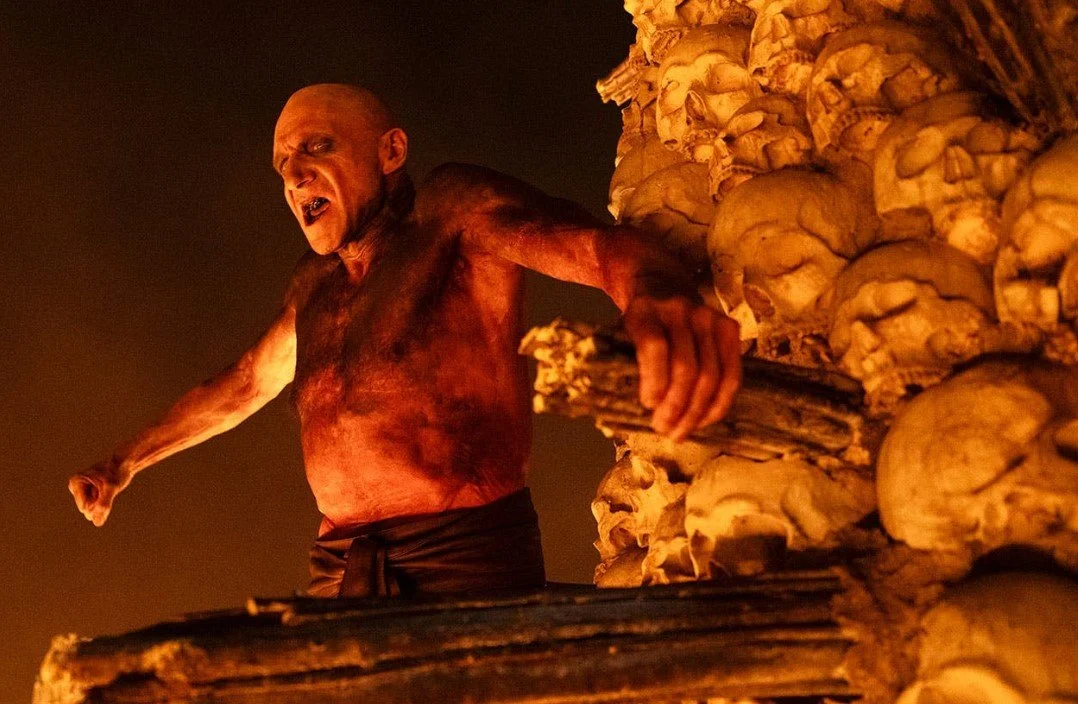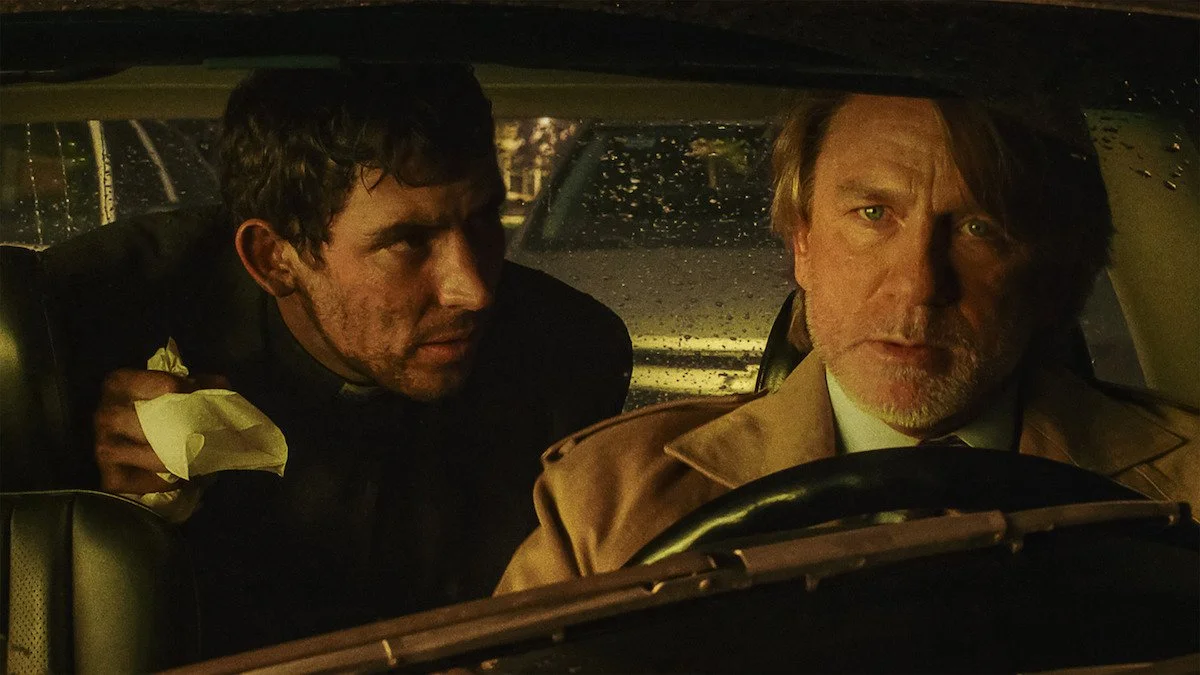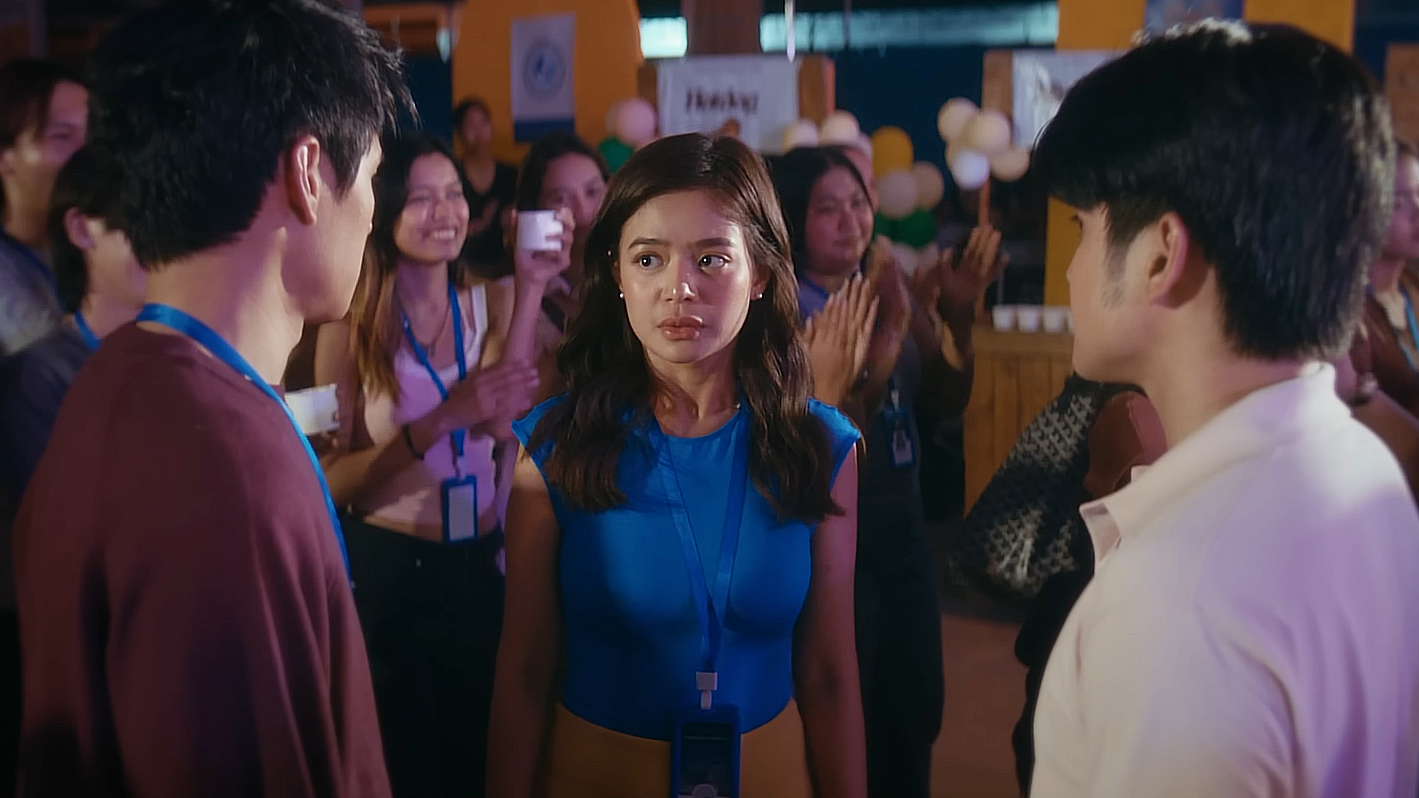‘Days of the New’ REVIEW: An Intriguing Investigation of Post-Pandemic Absurdity
‘Days of the New’ REVIEW: An Intriguing Investigation of Post-Pandemic Absurdity
The short’s opening title card recalls the famous “Burning Monk” picture.
Over the past decade, Keith Deligero and the rest of the BINISAYA movement have been secretly assembling some of Philippine cinema’s best-kept secrets in the form of movies that display a rather crude and shady side of Philippine society from the perspective of a largely Cebuano. It is a catalogue that is very much defined by off-the-wall experimentations that deviate from the style and substance of contemporary Philippine cinema in various ways. “Days of the New” continues in this trend as one of Keith Deligero’s short pieces, and subsequently proves itself to possess a concept that begs to be explored as a feature-length experimental noir piece.
The film, based on a short story by C.D. Borden, follows a pair of cops investigating a suspicious murder involving a woman sliced in half and a suspected art dealer named Jose Torreon. As the film progresses, the investigation and murder reveal themselves to be largely ambiguous, with the film instead opting to take on a more surreal approach in unveiling what seems to be supernatural forces working inside the film’s story. It’s also worth mentioning that the film is said to take place after the pandemic, suggestively indicated by minute details that are explicitly and implicitly shown in the short.
Rene Dumal (Julius Augustus Abad) examines the art exhibit of a suspected murderer.
Crime noir is nothing new in the cinema of Keith Deligero, as he has explored the same premise in his stunning “A Short History of A Few Bad Things”. The difference here is that where “A Short History of A Few Bad Things” takes on the mantle of displaying an unconventional form of retributive justice, this short takes on a more stylistic approach in comparison by shrouding the film in black-and-white and digging a deeper sense of dread through the film’s incorporation of distorted and sinister jazz music. What emerges is a film that is less about forming conclusive ends and more about the marriage of the cold and disorienting absurdity wrought about by the pandemic and the attempts of people to make sense of everything around it. It’s the only possible explanation as to why the film recalls a familiar staircase sequence from Maya Deren’s “Meshes of the Afternoon”, as well as closing the film in what appears to be a nightmare sequence that leaves the viewer with more questions than answers.
A film like “Days of the New” deserves to be examined further as a possible feature-length film. As it stands, the film displays a fairly promising assortment of ideas and concepts that Keith Deligero could benefit from elucidating even further with longer screentime. The dialogue and imagery espoused here have the unfortunate setback of feeling a little bit pretentious, even if it is understandably sourced from how filmmakers have been attempting to make sense of this pandemic. The foundations are solid enough anyway to either be given backstories themselves or made even more concrete so that people don’t have to find out through the Vimeo description what the film’s setting is. Nonetheless, this is yet another fascinating piece of work from the cinema of Keith Deligero and warrants a viewing for the eager and curious.
Access “Days of the New” through the NCCA’s Cinema Rehiyon Festival which is running from February 25 to March 31, 2022. Click here for more details on how to access the film.















